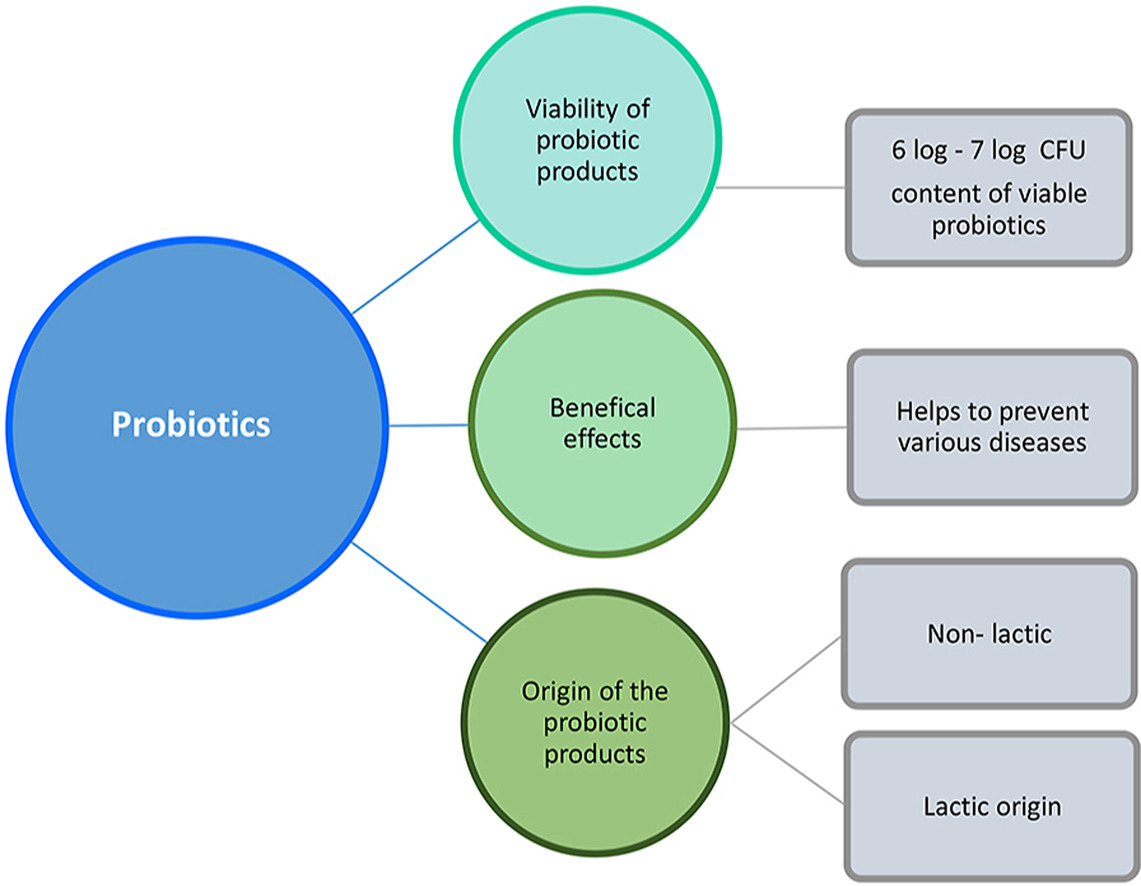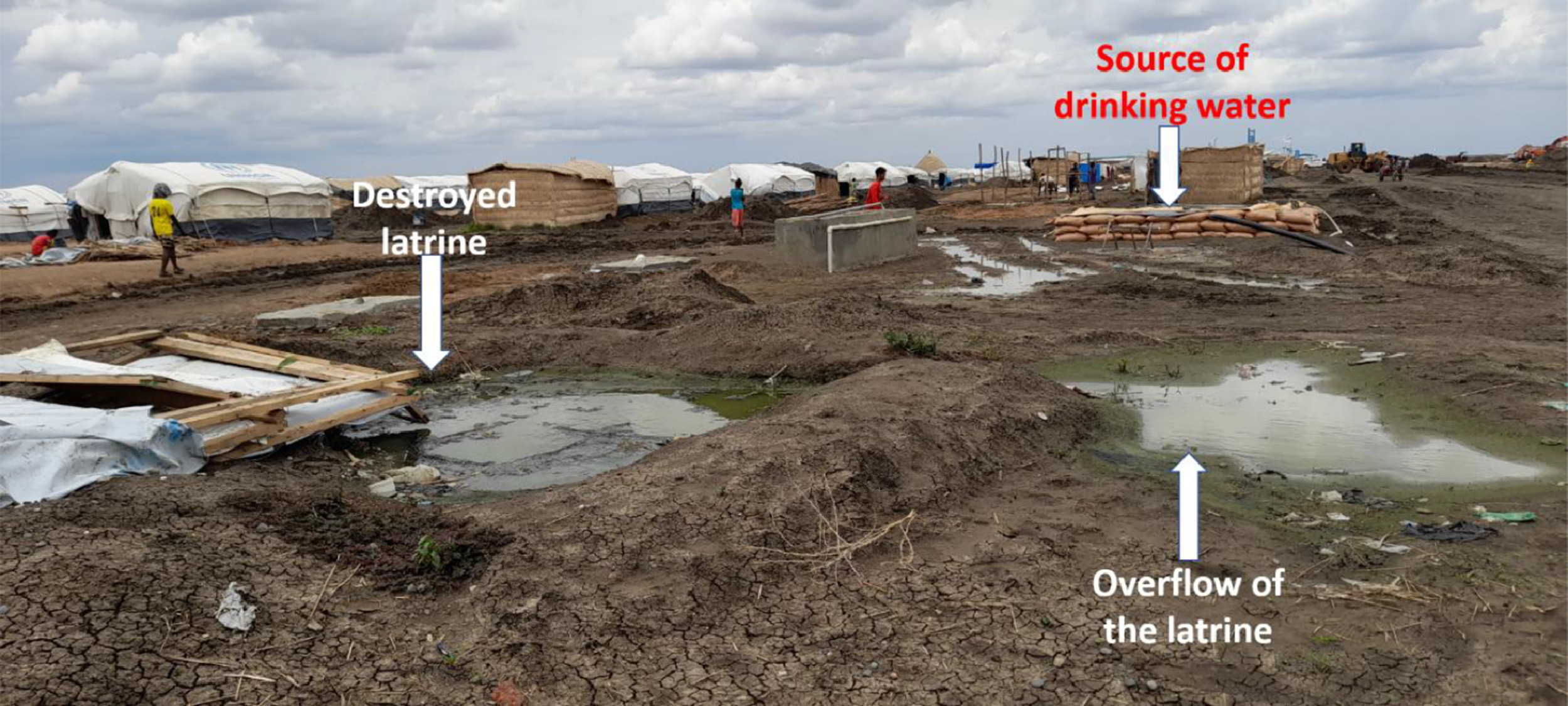Cyclones and tropical storms are important threats to public health faced by countries worldwide as they are associated with infectious disease outbreaks, unsafe food and water to mention a few. To help meet these challenges, the World Health Organization encourages countries to strengthen their capacities for health emergency and disaster risk management incorporating measures for prevention, mitigation, preparedness, response and recovery. In this letter, we unpack the case of Zimbabwe's preparedness and response to cyclones and tropical storms.
Foods with probiotics are in high demand by consumers given their associated health properties that make them the most popular functional foods. Probiotics have primarily been used in products of lactic acid origin. However, nondairy foods are increasingly being used as carriers of probiotics because the population exhibits high levels of lactose intolerance. In addition, modern lifestyles are increasingly distant from animal food consumption such as dairy products.
This chapter aligns with UN SDG 3 discussing the initial government mitigation efforts and actions at the outset of the COVID-19 pandemic in two different Maasai regions. The chapter highlights the contrasting political environments in Kenya and Tanzania and how each impacted the Indigenous East African community. While acknowledging the significance of modern information and communication technologies, it also offers a glimpse of unique internal culturally relevant messaging strategies adopted within the global governance networks.


